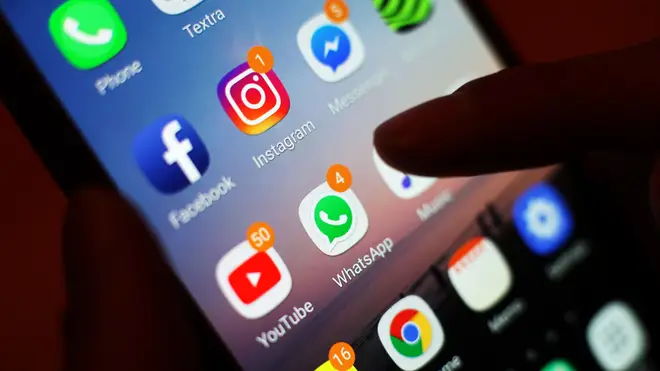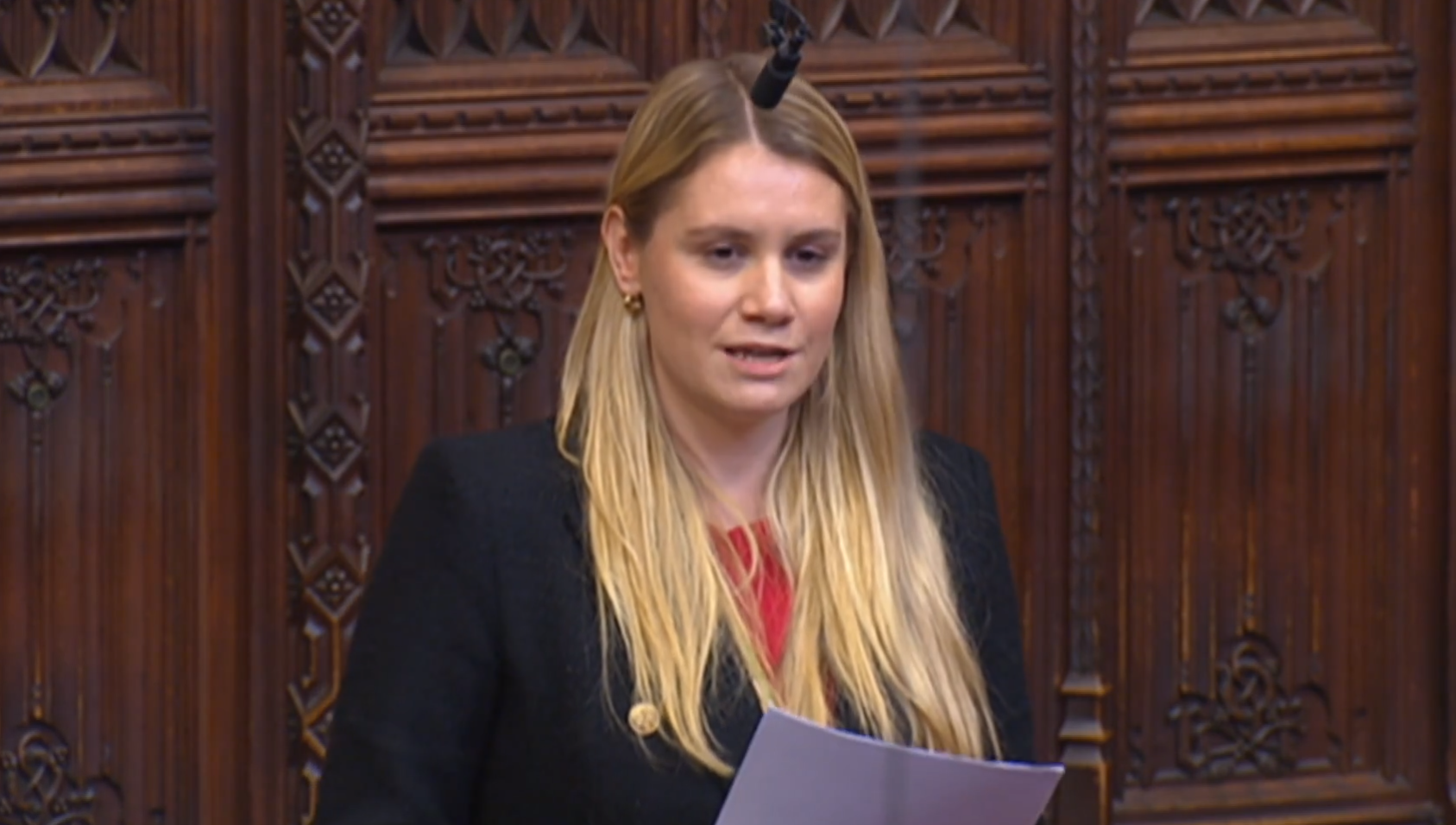
James Hanson 4am - 7am
8 March 2024, 15:34

Baroness Owen of Alderley Edge pressed for a law change to prevent the non-consensual creation of such nude images and video.
Deepfake abuse is the “new frontier” of violence against women and creating such content should be outlawed, according to a former adviser to Boris Johnson.
Baroness Owen of Alderley Edge warned existing legislation only bans the non-consensual sharing of deepfake material and does not tackle the non-consensual creation of the content.
Peers heard there has been an increase in so-called nudify apps, which allow users to create fake nude images or videos of other people through generative artificial intelligence – widely known as deepfakes.

Lady Owen said the ability to create such content on the apps in a matter of seconds “represents a very real threat to all women”.
Replying for the Government, equalities minister Baroness Barran said she acknowledged the points raised and wanted to hold talks with Lady Owen and justice ministers to “explore this issue further”.
Conservative Lady Owen, who became the youngest life peer in the House of Lords last summer at the age of 30, told the International Women’s Day debate in the Lords: “Women are disproportionately affected by the creation of deepfake material.
“Research published by Home Security Heroes in 2023 found that of all deepfake videos, 98% were pornographic and of those 99% were of women.”
Lady Owen said the use of apps and the creation of deepfake porn for private use is currently legal, adding: “The largest site creating deepfakes receives an average of 13.4 million hits a month.
“The rapid proliferation of these nudification apps, 80% of them having launched in the last 12 months alone, has created an environment where anyone can perpetrate harm with ease and it is not recognised as misogyny.”
Lady Owen continued: “The creation of this material in and of itself without a person’s consent causes serious harm, regardless of whether a person is aware of its creation and has a much wider societal impact in the normalisation of online misogyny and hate.
“We’re now at the precipice of a new age of technology and it is vital that we act now to ensure that in embarking on this brave new world, which can offer many exciting opportunities, we do not risk creating a technological gender gap which would further limit the economic inclusion of women in society.
“The ability to create these images and videos using apps and platforms in a matter of seconds represents a very real threat to all women.
“A woman can no longer choose who owns an intimate image of her. They can be created by anyone, anywhere at any time.”
Lady Owen said it can have a “silencing effect”, including women withdrawing from social media and normal life.
She added: “Many women are fearful of this happening to them. The current law as it stands is prioritising freedom of speech and expression of the creator over that of a woman.”
Lady Owen also said: “Whilst we’re still learning about AI, it is crucial that we educate society to differentiate between what is real and what is not in a world where we can no longer trust images that are put in front of us.
“Time is of the essence. We must not miss the chance to act by legislating against the creation of non-consensual deepfake content.
“We must prevent the normalisation of misogyny. Deepfake abuse is the new frontier of violence against women and we must all take a stand.”#
Elsewhere in the debate, independent Crossbench peer Baroness Boycott said there will be a Mothers Manifesto hunger strike taking place near Parliament from Mother’s Day on Sunday.
The former newspaper editor said: “This is on behalf of lots of groups of mothers because guess who is skipping meals in this cost-of-living crisis? It is not the blokes, I am sorry, but it is not.
“One-in-four mothers in this country are currently skipping a meal. But 50 years ago, nobody skipped a meal. I am not saying it was all fun and roses, but we certainly did not skip meals.
“If someone had said to me, ‘In 50 years’ time, you’re going to stand up in Westminster and talk about food poverty’, I would have said that they were bonkers.”
Crossbench peer Baroness Casey of Blackstock used her maiden speech to follow the lead of Labour MP Jess Phillips by reading out the names of more than 100 women killed in the UK in the last 12 months where the main suspect is a man.
Lady Casey, the Government’s former rough sleeping adviser, said the list acted as a reminder of the “true horror of our collective failure” to tackle the problem.
She added: “Yet there are thousands and indeed millions of decent men. As Women’s Aid discussed only today, we, women need the decent men in this House but also across the country to stand up to that task or we will never, ever deal with the problem.
“We, women, cannot keep picking up the pieces and at worst being on the receiving end of abuse and violence largely from men.”
Lady Casey said “change is definitely possible”, adding: “The country I love is pretty much, it feels, on its knees. It’s too stretched, we’re too divided and too much of the discourse is too fractured.
“You can blame the pandemic, you can blame Russia, you can blame politics or we can blame each other, but it’s just too tough for too many people.
“And yet I have such hope. For almost 40 years I have worked in public service and that has instilled that hope in me.”